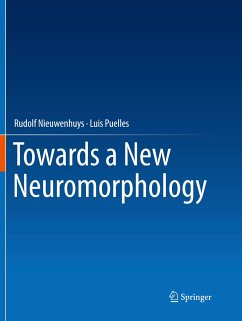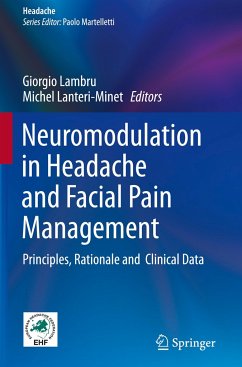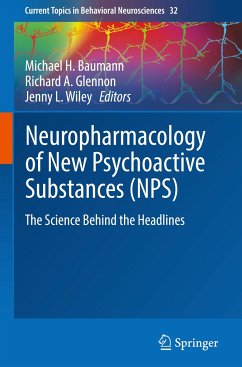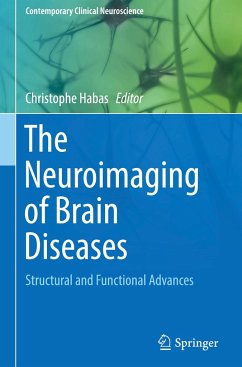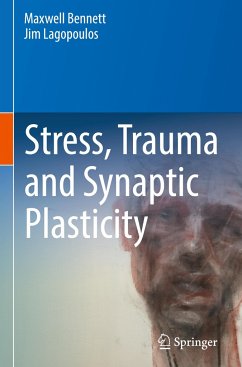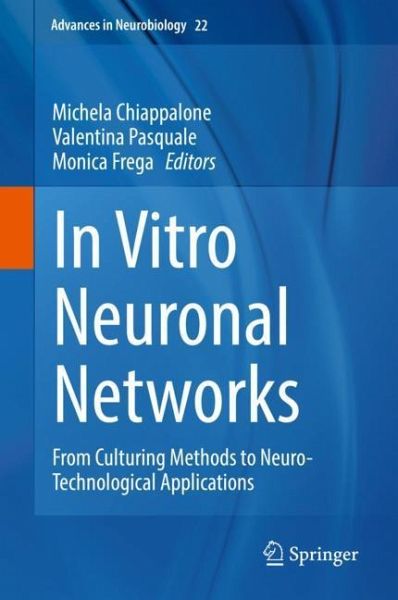
In Vitro Neuronal Networks
From Culturing Methods to Neuro-Technological Applications
Herausgegeben: Chiappalone, Michela; Pasquale, Valentina; Frega, Monica

PAYBACK Punkte
61 °P sammeln!
This book provides a comprehensive overview of the incredible advances achieved in the study of in vitro neuronal networks for use in basic and applied research. These cultures of dissociated neurons offer a perfect trade-off between complex experimental models and theoretical modeling approaches giving new opportunities for experimental design but also providing new challenges in data management and interpretation. Topics include culturing methodologies, neuroengineering techniques, stem cell derived neuronal networks, techniques for measuring network activity, and recent improvements in larg...
This book provides a comprehensive overview of the incredible advances achieved in the study of in vitro neuronal networks for use in basic and applied research. These cultures of dissociated neurons offer a perfect trade-off between complex experimental models and theoretical modeling approaches giving new opportunities for experimental design but also providing new challenges in data management and interpretation. Topics include culturing methodologies, neuroengineering techniques, stem cell derived neuronal networks, techniques for measuring network activity, and recent improvements in large-scale data analysis. The book ends with a series of case studies examining potential applications of these technologies.





